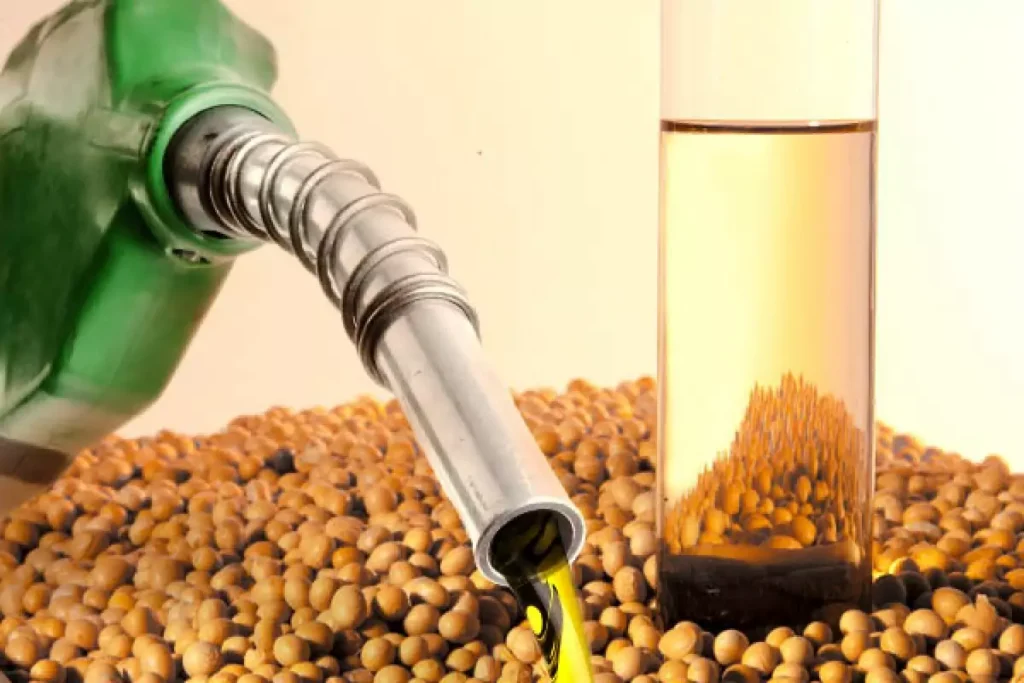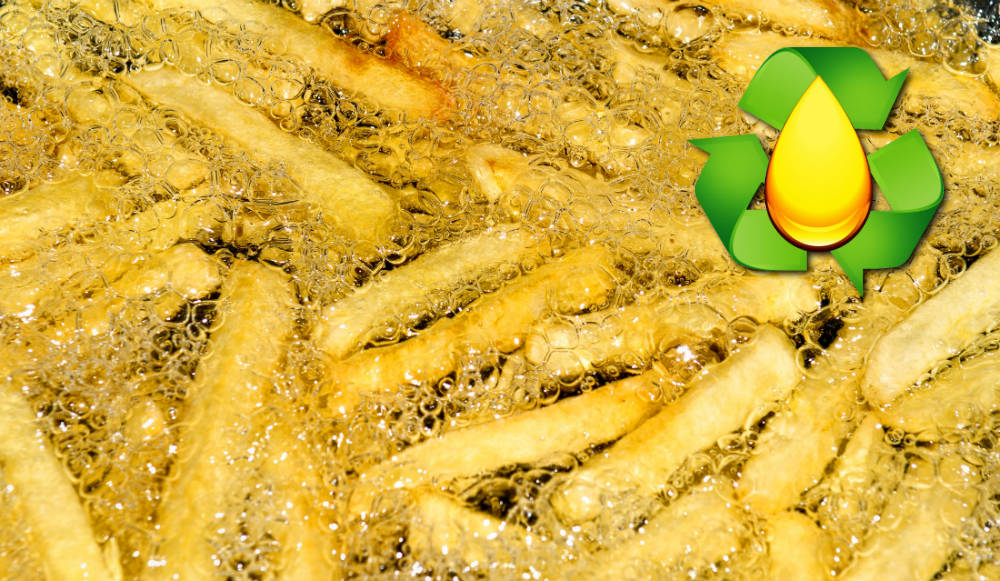Improper disposal of used cooking oil is a significant environmental problem. It is not only wasteful from an environmental point of view, but also economically, as this oil could be recycled and transformed into biofuel, a sustainable and profitable alternative.

In the Metropolitan Region of Fortaleza (RMF), 52 million liters of oil are disposed of incorrectly every year, which contributes to clogged sewers, water pollution and an increase in urban waste.
Disposing of Cooking Oil: A Harmful Practice
According to research by the Federal University of Ceará (UFC), only 7% of cooking oil used in the RMF is recycled to produce biofuel. The rest is disposed of improperly: 46% clogs sewers, 39% is thrown into regular trash, and 8% is dumped in the open air. This oil could be a valuable source of biofuel, a resource that has the potential to reduce dependence on fossil fuels and minimize environmental impact.
Economic and Environmental Opportunities
If all the oil discarded in the RMF were recycled, it would be possible to generate 4.7 million liters of treated oil per month, which would generate up to R$ 9 million per year. The production of biofuel from used cooking oil not only generates an alternative source of energy, but also creates employment and income opportunities for recyclable material collectors and other communities involved in the collection and refining process.
Partnership for Oil Collection and Recycling
Aiming to improve the use of used cooking oil, Petrobras and the Ceará Water and Sewage Company (Cagece) are developing a partnership to collect this waste efficiently. The idea is to install reservoirs for used oil in condominiums, restaurants, bakeries and hotels throughout the city, promoting awareness campaigns to encourage donations. The goal is to refine the collected oil and sell it to the Quixadá Biodiesel Plant, which has the capacity to produce 108.6 million liters of biofuel per year.
Pilot Project and Training
A pilot project is already underway with seven waste collector cooperatives. Petrobras has invested in training 140 people, from collection to oil processing. The processing plant, located near Pinto Martins International Airport, will be inaugurated soon and will have the capacity to process 25,000 liters of oil per month. This project is crucial to transforming cooking oil into a valuable raw material for the production of biofuel, which is a cleaner and more sustainable alternative to fossil fuels.
Challenges and Awareness
Despite the clear benefits, the greatest challenge lies in raising awareness among the population and commercial establishments about the importance of recycling cooking oil. Petrobras and Cagece are making efforts to establish partnerships with restaurant and supermarket chains, but there is still resistance. Without widespread awareness, it will be difficult to achieve the full potential of oil recycling for biofuel production.
Recycling cooking oil to produce biofuel is a smart and sustainable solution to a significant environmental problem. In addition to reducing environmental impact, this practice offers valuable economic opportunities for local communities. However, the success of this project depends on the awareness and active participation of the entire society.
Adopting recycling practices can transform problematic waste into a clean, renewable energy source, contributing to environmental protection and economic development.
Source: The People




Hello, I'm Alex, I'm a health agent in São João de Meriti. I've set up several oil collection points. A lot of people have been coming in. I'd like to know where I can sell it for 030 in Rio 27519516. I should have 1200 2-liter bottles. Thank you. I also do tours.
Hello Alex.
Search our search area to find who buys the oil:
http://setorreciclagem.com.br/reciclagem-maquinas-equipamentos
Hi Alex, do you still have that many bottles stored? Are they in one place or are they spread out?
I'm from São Paulo and I recycle cooking oil, if you still have any, let's talk.
CELL: (11) 97585-9575 Vivo and Whatsapp call me.